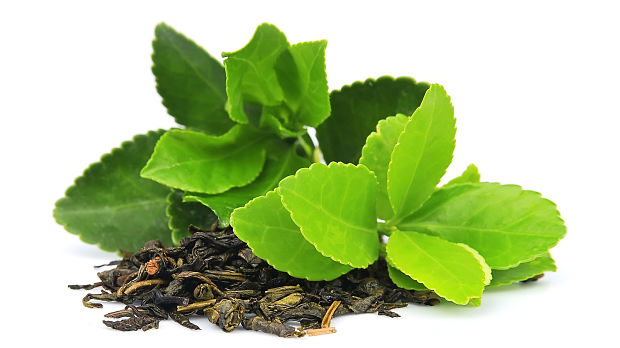Warts affect somewhere between 5% and 10% of the pediatric population. While mostly considered a cosmetic issue, there are some consequences such as pain, itching, or psychosocial factors that indicate treatment.
Current approved treatments may cause pain or be ineffective, therefore a recent study looked at an ointment approved to treat anal warts in adults to determine effectiveness in treating extragenital warts in children. Sinecatechins (Veregen®) is an ointment that is derived from green tea that has been effective in treating warts from HPV 1‐4 and HPV 6 and 11 in adults. However, HPV strains show more variability among children. The study looked at the medical records of 24 children who had either anogenital or extragential warts treated with 10% sinecatechins ointment for at least one month. The study evaluated frequency of complete response (total resolution of warts), frequency of partial response (reduction in number and/or size of warts) and adverse events.
The results showed that sixteen patients (66.7%) experienced a reduction in the number and/or size of the warts with sinecatechins ointment; four of whom had complete resolution. Adverse events were limited to mild local irritation. Eight patients were non-responders.
The authors conclude that sinecatechins 10% ointment was well tolerated and associated with a reduction in the number and/or size of warts. They state that sinecatechins ointment may be even more efficacious in children than reported in this study because the study population was more complex than the average population, and the ointment was only used twice a day. Other studies have shown a greater response in adults when ointment is used three times daily. They conclude that based on this pilot study, sinecatechins may be a promising treatment for warts in children, particularly for the anogenital subtype.

